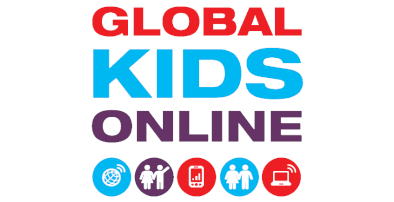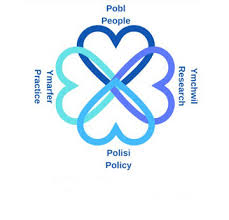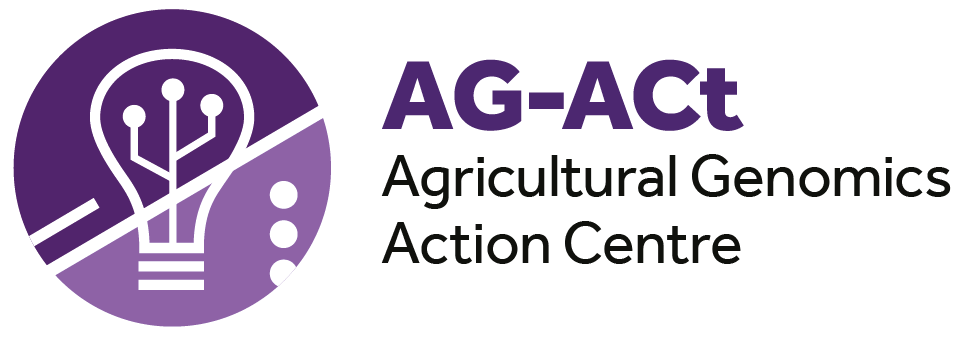Are you working to influence policy change for the people and communities you care about – but wondering how to know if your work is making a difference?
Policy influencing takes time. It’s complex, and the real impact usually happens much later and is well beyond your direct control. That can make it hard to know whether the work you are doing is making a difference – and even harder to collect meaningful evidence.
Our approach makes it easier to plan for and evaluate your contribution to policy change. It helps you:
-
plan for the policy change you want to see
-
be clear about what you‘re doing to influence it
-
identify who needs to be included and influenced along the way
-
collect evidence to understand your influence
-
find practical ways to learn and reflect as you go.
So you can see – and show – the difference you’re making.
How we help
A structured but flexible approach
We work with individuals, teams and organisations to map a clear pathway from their activities to the policy change they’re working towards. This theory of change becomes a shared framework to guide thinking, learning and data collection.
Our approach is grounded in contribution analysis, which acknowledges that there are many influences on change and helps you distinguish your distinct contribution.
Meaningful and manageable
We break things down into meaningful and manageable steps with different levels of outcomes. Crucially, our approach considers how people feel about and respond to your work– that’s how they react, why they pay attention.
This approach helps you:
-
plan and adapt your influencing activities based on what your feedback and evidence is telling you.
-
focus effort where it can make the most difference.
-
avoid wasting energy when the timing or conditions aren’t right.
We use plain language headings and a clear structure to help you communicate your pathway, stay focused on impact, and create a framework for assessing and reporting.
Our approach in action
Explore how our theory of change approach can be applied to understand, track and demonstrate the impact of your policy influencing work.
About this spotlight session webinar
In this webinar, Sarah Morton walks you through a template framework for policy influencing work which can be used to help shape data collection to demonstrate policy impact.
Access the template
Get a copy of the free template here
Software to hold and embed the approach
Once your framework is in place, our software OutNav provides a space to bring everything together. Invite people to work with you – wherever they’re based.
With OutNav, you can:
-
hold your pathways to impact in one place.
-
bring in evidence and data as you go.
-
assess progress step by step.
-
see what’s working – and where more or different data and information could help deepen your understanding and strengthen your results.
This keeps the work live, connected and practical – whether for internal learning or external reporting.
Some organisations start by working with us to build their initial pathway to impact. Others come to OutNav with a framework already in place. However you start, we’re here to support you if you need it.
Some of the organisations we’ve supported in this area

Applied Research Collaboration North West Coast (ARC-NW)
ARC-NW is a research collaborative to improve outcomes for patients and the public through collaboration, working by bringing together academics, health and social care providers, members of the public, universities and local authorities. We are supporting them to articulate and track the impact of this work.

Global Kids Online – London School of Economics and UNICEF Office of Research Innocenti
We conducted an impact study of the Global Kids Online research programme for the London School of Economics and UNICEF Office of Research – Innocenti.
Working together with the team, we set out three main pathways highlighting the initiative’s contribution, which then formed the basis for data organisation and analysis.
One of these pathways looked at how they influence international debate and action on children’s safety online, including influencing international policy and regulation, and the policy of large international organisations.

Developing Evidence Enriched Practice (DEEP) Programme
The DEEP programme is based in Swansea University. By building bridges between policy, research, practice and people, DEEP applies diverse research in policy and practice development to organisations and systems in social work and social care.
We worked with DEEP to help build an outcome focused framework that they can use to evaluate their progress towards intended outcomes, including how to evaluate their influence on policy for people using social care services in Wales.

Agricultural Genomics in Action project
We’re working with the Agricultural Genomics in Action project, led by researchers at the Universities of Guelph, Saskatchewan and Simon Fraser.
The Agricultural Genomics Action Centre (AG-ACt) is the project’s knowledge mobilisation and implementation hub. It helps make sure the research is accessible and useful for those working in policy and practice—especially in relation to climate change.
The project also looks at the wider implications of genomics, including ethical, social and environmental impacts. We are supporting the team to track their impact, including how this work will influence policy makers’ actions—using OutNav. This helps them test and refine knowledge mobilisation strategies and understand what’s making a difference across Canada’s agricultural sector.